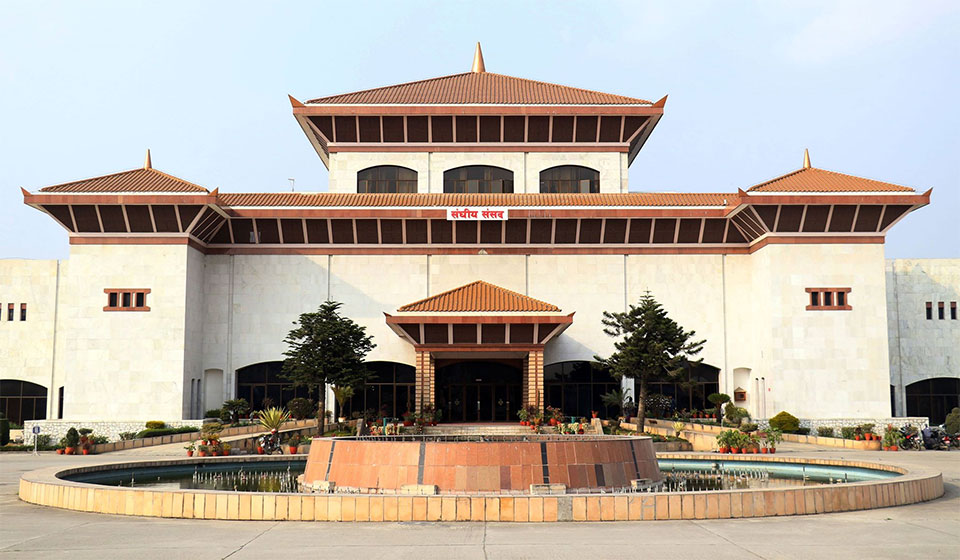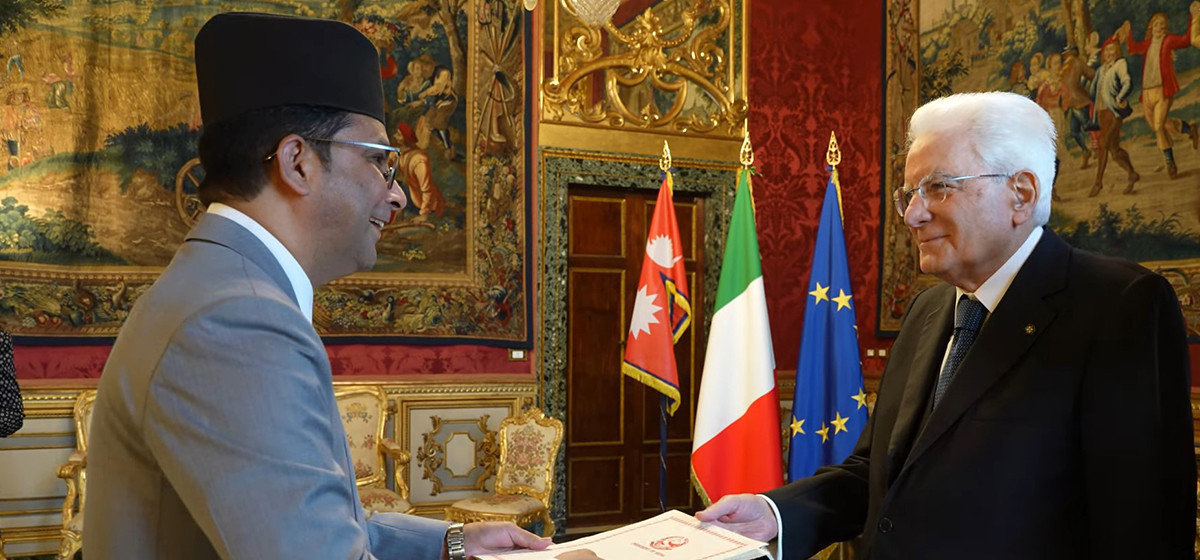
OR
Provinces can't use constitutional powers as enabling laws lacking
Published On: August 11, 2019 06:00 AM NPT By: Ashok Dahal | @ashokpillar

KATHMANDU, Aug 11: The provincial governments are still unable to exercise their constitutional powers, including the recruitment of civil servants and provincial police, as the central government is delaying the promulgation of federal laws that will make this possible.
Delay in the endorsement of the Federal Civil Service Bill, Nepal Police and Provincial Police Operation, Supervision and Coordination Bill and the Police Adjustment Bill by parliament at the center has hampered the seven provinces in recruiting their own civil servants and police.
The Constitution of Nepal 2015 has empowered the newly constituted seven provinces to recruit their own civil servants and police and formulate their own policies for education, health and land reform. But the provinces have been failing to exercise these constitutionally guaranteed powers in the absence of laws concerning concurrent powers between the center and the provinces.
According to Schedule 6 of the constitution, the provinces can have their own provincial police force, civil service and public service commission as well as state-level universities, health services and other things. But the central government has asked the provinces not to promulgate any laws concerning these things until federal law fixes the basic standards to bring about uniformity across all provinces.
Except for the Provincial Public Service Commission Act, the central government has not promulgated the laws most in need at the provinces even after coming under repeated pressure from the provincial governments.
“Provinces have been unable to exercise their constitutional powers including the power to recruit civil servants and police and formulate various other provincial-level policies as the federal government is not coming through with the necessary laws,” Internal Affairs and Law Minister for Province 3 Salikram Jamkatttel told Republica.
“Our province is struggling to carry out its daily functions for lack of staff and we can't recruit civil servants unless the central government readies the federal civil service law .”
Federal Civil Service, Police Adjustment and Police Operation, Supervision and Coordination Bills are under consideration at the House of Representatives for months. With the endorsement of the Provincial Public Service Commission Bill, most of the provinces are set to endorse their own PSC laws.
“Most of the bills that are urgent for the provinces have been tabled in parliament. The ministry has done the needful from its part and parliament is doing its job,” said Dhanraj Gyawali, spokesperson at the Ministry of Law, Justice and Parliamentary Affairs.
Provinces also have powers concerning lands and guthi trusts, radio and television, banks and financial institutions, among other things. But the central government is yet to table education, mass communications and financial policy-related bills in parliament. It tabled the guthi bill but withdrew it following public outcry over some controversial provisions.
With Kathmandu delaying the promulgation of laws related to concurrent powers between center and provinces, federalism is running into difficulties.
Community forest users have protested against overlapping taxation by local, provincial and central governments.
You May Like This

Amazon confirms two employees in Italy have contracted coronavirus
WASHINGTON, March 2: Amazon.com Inc said late on Sunday that two employees in Milan, Italy, have contracted the coronavirus and... Read More...

Complete education, full health could double Nepal's GDP per capita: WB
KATHMANDU, June 7: Nepal has the potential to double its Gross Domestic Product (GDP) per capita in the long run if... Read More...

Provincial govts enacts laws ahead of center, spawning rift
JANAKPUR, Oct 16: A rift between federal and provincial governments has surfaced yet again after provincial governments came up with some... Read More...





Just In
- Partly cloudy weather likely in hilly region, other parts of country to remain clear
- Nepal’s Non-resident Ambassador to Italy presents Letter of credence to President of Italy
- 104 houses gutted in fire in Matihani (With Photos)
- By-elections: Silence period starts from today, campaigning prohibited
- A Room of One's Own- Creative Writing Workshop for Queer Youth
- Tattva Farms rejuvenates Nepali kitchens with flavored jaggery
- Evidence-Based Policy Making in Nepal: Challenges and the Way Forward
- Insurers stop settling insurance claims after they fail to get subsidies from government














Leave A Comment